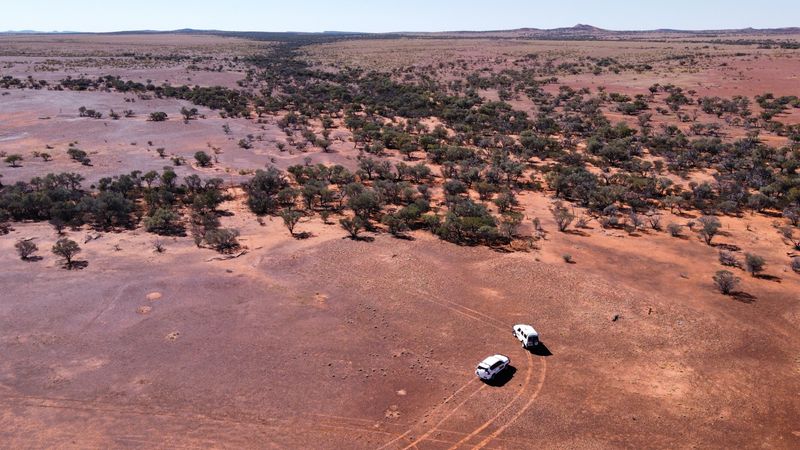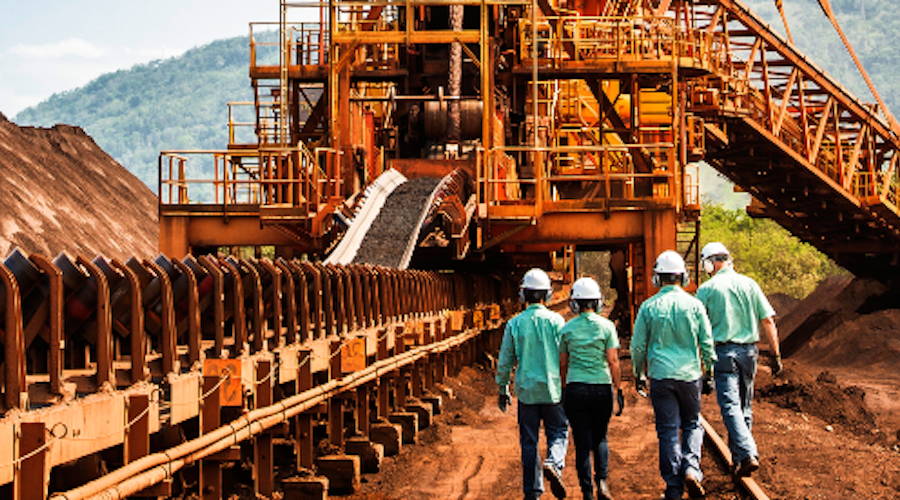Singapore-based start-up Atomionics has rolled out its technology that uses gravity and artificial intelligence to define ore bodies to its first customer, which the company says could cut costs and speed the development of minerals projects.
It has now signed contracts with three major mining companies as part of a strategy to pinpoint ore bodies of metals key to the energy transition, adding to work in Queensland state with New Hope unit Bridgeport Energy, CEO Sahil Tapiawala said.
The mining majors are expected to finish collecting and analyzing data using the “virtual drill” technology called Gravio early next year, he told Reuters.
“We are actively deploying for critical minerals, so specifically copper, nickel, zinc,” Tapiawala said, adding the technology was being rolled out in Australia and the US.
He declined to identify the miners for reasons of commercial confidentiality. The privately held firm is backed by a number of Singapore-based government agencies and strategic investors.
Like many exploration technologies, Atomionics taps the gravity signatures of different minerals to pinpoint where they lie beneath the earth.
It is able to do so more precisely than typical air-based survey techniques, and processes data in real time using artificial intelligence, speeding up the work of defining ore bodies, Tapiawala said.
Drilling a single hole to search for a mineral can cost from A$10,000 to A$50,000. A lithium miner might need as many as 400 holes to prove up a resource, so building a more accurate virtual picture before drilling can slash costs.
“The key challenge is that sometimes (drill holes) don’t actually hit the reserve,” Tapiawala said.
The company aims to cut these “empty” samples by at least half, he added.
The mining industry uses various techniques to find minerals, including ground-penetrating radar and aeromagnetic surveys, but no one method guarantees success.
KoBold Metals, a California-based startup whose backers include billionaires Bill Gates and Jeff Bezos, is also using AI to search for metals such as lithium.
“The energy industry would traditionally defer to seismic data before undertaking any drilling project,” Cameron Fink, Bridgeport Energy exploration manager, said in a statement.
“With further development, Gravio can present as a low-cost alternative to traditional methods of exploration.”
(By Melanie Burton; Editing by Cynthia Osterman)



